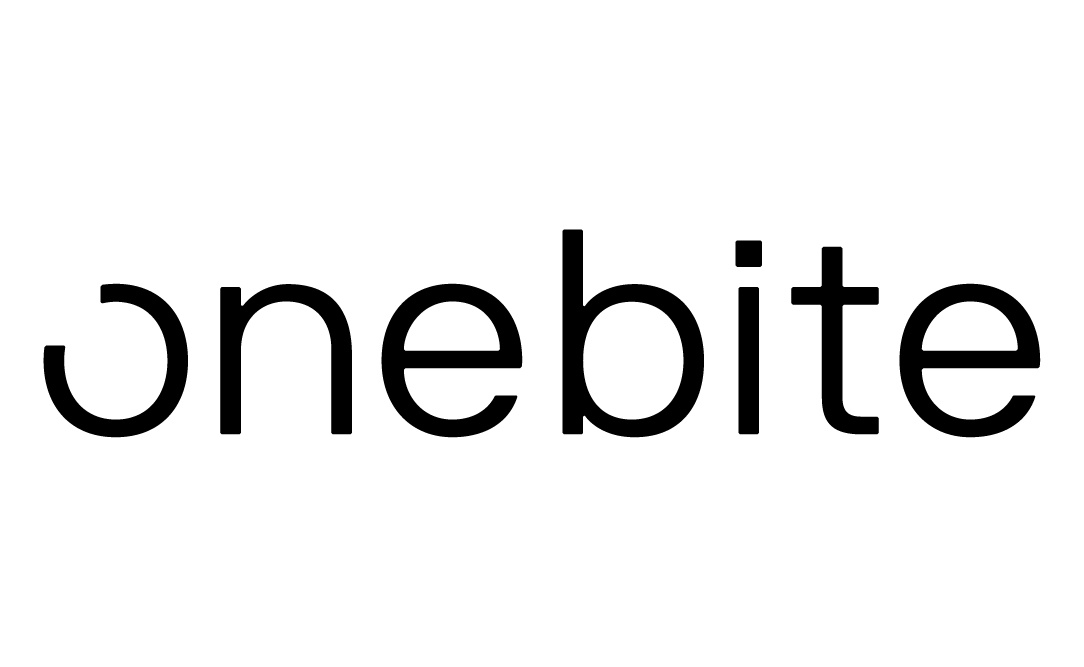地方營造,滋養街坊人情|Placemaking is nurturing relationships







單懷亮 | 拓展公共空間
香港人口和樓宇密度,世界知名。但樓宇愈密集,人與人之間的關係卻愈疏離。今次《吉人》專訪「拓展公共空間」創辦人之一兼研究總監單懷亮 (William),與我們探究,城市空間和人的連結,原來一脈相連。
由考古學家走到社創掌舵人
William 於俄勒岡大學修讀考古學,及後於香港中文大學取得地理與資源管理學系,地理信息科學理學碩士。但今時今日,他卻在大學推動社會創新,為協助弱勢社群播下種子。他的背景,與熱枕的地方營造議題,沒有直接關係。不過,這個自然發生的過程,當中須抱持一個信念 – 人與人之間互動的重要。William 認為,要令一個地方吸引,先要建立社區裡人與人之間的互動關係,才是最重要的原則。
9年前,William與12名朋友,共同創立「拓展公共空間」,以及籌劃香港首個主力關注公共空間的組織。成員來自不同背景,由城市研究、城市規劃、、建築、地理到考古學,他們讓「拓展公共空間」成為一個群體,並倡議公共空間的存在價值,提高公眾意識。「拓展公共空間」現已發展成一個非牟利組織,成員超過150人,均來自不同範疇的專業界別。
港式地區營造 – 向銀髮族學習
William 解釋,他們一直就公共空間所做的倡議工作,並非以依書直說的方式去做。他會向公眾展示和製造機會,從而啟發他們共創自己的公共設施。「當你觀察附近的長者時,總會發現他們會用創新的方法,把有限的資源,轉化成自己可宜居的空間。數年前,我們有一個項目位於中環,在這裡發現長者們會用磚來砌凳,更會就地取材,用膠板砌出麻將檯。這就是地方智慧,不是很聰明嗎?可惜,香港政府並不鼓勵活用公共空間, 一直收緊空間使用的法例。 連最原始的地方營造活動,也漸漸沒有生存空間。」
地方營造者是協作者
「建立信任是任何活動的最重要基礎。」William強調。「沒有互信的關係,即使任何議題,我們無法向任何人提出倡議。」 拓展公共空間形象客觀又專業,應該可以與各方面有良好的溝通。但原來良好的溝通並非必然,需要花時間和精力。
「溝通從來是一個挑戰,每個人對空間的想像完全不同。我們對社區有獨特的理解。當小組討論公共空間時,便開始一場有趣的觀點交流。」William又以拓展公共空間在2015年於油麻地舉行的「Have a Seat, Own the Park」項目為例。透過與社區不同人士的對話,項目團隊了解社區對「櫈」的不同要求。最後,團隊為用家們創製出可移動檯櫈「轆轆凳」,體現到本地居民希望在公共空間進行多元化活動的期望。相信由下而上的方法是有用的,William 提醒地方營造者,是擔當著協調公眾和政府的角色。
一起體驗共享空間的樂趣
提到拓展公共空間,成立以來,香港人對公共空間有確切的改變嗎?「有!過去9年來,香港人對公共空間的意識可算是大大提升。」公共拓展空間成立初期,適逢時代廣場第一宗有關私有化使用公共空間的事件。去年,拓展公共空間亦發佈《私人發展公共空間審計報告》,公開地讓公眾了解毗鄰可用的公共空間。
William續稱:「共同創作,是地方營造的主要過程。這是塑造社區價值的有效方法。我最難忘的一次活動經驗是2016年,於中環海旁一起收看毛記電視直播。這次活動的裝置設備很簡單,已吸引超過600人湧到行人天橋橋底!觀眾只是很輕鬆隨意席地而座,我們歡度了一個笑聲滿載和好玩的晚上。這是無法輕易取代的社區體驗。」
談到新一年願景時,William期待在公共地方,與市民共同創出更多先導模式,激發靈感。我們完全同意William所講,每個人做都可以做一些,令我們城市與別不同的事。我們只需要改變對地方的看法,便會觸發更多想像力。
No one would challenge our city’s density. Density stretches buildings together, but pushes relationships away. In this issue of GUTS:Man, we are delighted to have William Sin from Hong Kong Public Space initiative to share with us his vision and journey in exploring the relationship between public space and people.
From Archaeologist to Social Innovator
William studied Archaeology at the University of Oregon. He continued his Master of Science in Geoinformation Science at the Chinese University of Hong Kong. Today, William is working at the university on social innovation for the underprivileged. His background does not give an immediate relevance to what he has been pursuing as a placemaker in Hong Kong. However, this has been a natural progression with one belief - the importance of interactions between people. William sees the building of relationships in a community as a principle for creating an inviting place.
Nine years ago, William co-founded the first public space focus group in Hong Kong, Hong Kong Public Space Initiative (HKPSI), together with another twelve friends. With a diverse background from urban studies, to planning, to architecture, to geography and archaeology, they started HKPSI as a group of people to raise public awareness in the value of our public space. It has evolved into a non-profit organization with over 150 members from a range of professions.
Hong Kong-style Placemaking - learning from the silver age
William explains what they have been doing is not textbook type of education on public space. He has been demonstrating and creating opportunities to inspire the public to co-create their own public facilities. "When you observe the elders in a neighbourhood, you can always find innovative and creative ways to transform limited resources into a habitable and welcoming place," said William. "When we had a project in Central years ago, we found the elders would make their own stools by brick, mahjong table by plywood found on site. This is local wisdom, isn't it clever?" In a packed city like Hong Kong, our government has been tightening legislation to prohibit activities in public area. Unfortunately, organic placemaking activities had found no more room to survive.
A Placemaker is a Facilitator
"Building trust is the uttermost essential foundation for all activities," William emphasized. "Without a trusting relationship, we will not be able to advocate on any topic to anyone." The objective and professional public image of HKPSI has made communications possible. Still, good communication is not granted. It takes effort and training through time.
"Communication is fundamentally challenging. Everyone could have a completely different image of a space. We have our peculiar understanding about community. When a group starts discussing what to happen in a public space, it is always an interesting exchange of views." William quoted the example of HKPSI’s "Have a Seat, Own the Park" campaign in Yau Ma Tei in 2015. Through series of conversations with the local community, the project team learned about their urge for new seating. Eventually, they created movable tables and chairs for the users. It showcases people’s visions of their dream public spaces, which, in their views, should be flexible. Believing in a bottom-up approach, William reminded placemakers the role of a facilitator between the public and government.
Experience Together
" YES! Hong Kong's awareness in public space has been strengthened a lot in the past 9 years" William replied without hesitation. At the time when HKPSI was set up, it was coincided with the controversial incident of Times Square's privatized public space in Causeway Bay. Last year, HKPSI launched their Privately Owned Public Space Audit Report, an open-source for the public to understand their adjacent open spaces.
"Crafting experience together is a vital process of placemaking. It is an effective way to shape the values of a community. One of my most memorable events was the live screening of TVMost in 2016, in central harbourfront. It was an organic event with simple set-up, and it has attracted over 600 people flooding over to the underside of a footbridge! The audience just sat on the floor and gathered relaxingly. We enjoyed a night full of laughter and fun. This is community experience which cannot be replaced easily," shared by William.
Talking about his vision in the new year to come, William looks forward to co-creating more pilot prototypes in public space as an inspiration to the citizens. We completely agree with William that everyone could start something to make our city different. We only have to change our perception of place and invite more imagination to grow.
你可能對以下吉人吉事有興趣:
You may also be interested in these GUTS Stories:






